- Y.SH
- Persian Tasty
- 6445 views
- 0 comments
In Persian, "Golab" is the rose water used by Iranians since ancient times as a medicine, food, and even perfume. During celebrations and mourning, Iranians use rose because it makes people relax and be pleased. A combination of pink petals and the scent of roses boost the delight of Iran's traditional religious celebrations.
They make many different halva and sweets with Rose Water in their ceremonies. This explains why roses and Mohammadi flowers have played an essential role in Iranians' good memories since old times.
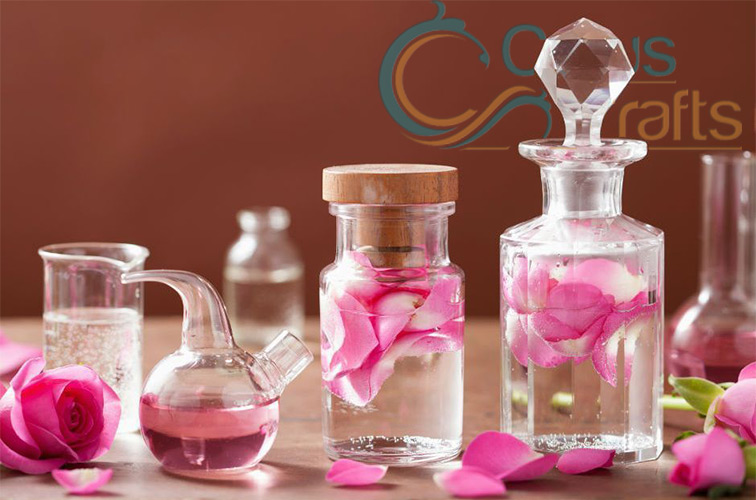
What is Rose water
Rose water is created by distilling rose petals with steam. Natural perfumes such as rose water are often used as an alternative to chemical-filled perfumes because of their fragrance.
In the Middle Ages, rose water was used for thousands of years. Iranians are believed to have originated it. Traditionally, it has been used in beauty products, food, and drinks. There are also plenty of potential health benefits, including the following.
Rose water is derived from Iran
Historical documents and antiquities show that rose water has a long history in Iran. Roses, also known in Persian as "Mohammadi Flowers," have been cultivated in Iran as native plants for several thousand years. Over a thousand years of Iranian culture have been rooted in this ritual. Therefore, Iran has become a leading producer of roses worldwide, with many of its roses exported abroad. Illustrations of roses on ancient objects, travelogues, and works by historical writers all provide vivid evidence of roses' long history in Iran. Persian Rose color which is one of the authentic Persian colors is primarily a color from the Red color family. It is a mixture of magenta and pink color.
The first liquid distillation apparatus was also invented in Iran. The ancient Greeks understood that rose petal extracts could be retrieved and boiled in oil to achieve medicinal uses. However, they were not familiar with rose water or liquid distillation.

Rituals of Producing Rose Water in Iran
In ancient times, Iranians picked Mohammadi blossoms to celebrate flower season. Together, they picked roses and held a festival. In the entire festival space, the instrument's sound echoes.
A rose-making workshop and instrument playing followed the harvest of the roses and their placement in cattle pouches. Some parts of Iran still hold this celebration in old manners.
Rumi's famous poem can explain the significance of the flower-picking ceremony. "The flowering season is over, and now the roses are dried, but the rose water retains the fragrance of the flowers.
Cyrus Crafts; Luxury & Unique Products
Rose water types
The rosewater is obtained by boiling roses in water, then distilling the water on a still. Different amounts of Mohammadi flowers have been used to produce different kinds of rose water. Rose water comes in many types, like double fire and premium, high-quality rose water. Let's see how they are different:
It is often called rich rose water because it contains high-quality roses. Moreover, light rose water is famous at home, where it is mainly consumed. Premium rose water requires twice as many flowers as light rose water. Two-fire rose water is obtained by adding rose water to the flowers in the copper pot twice during distillation. Two-fire roses are bitter, and not everybody likes their taste as food.
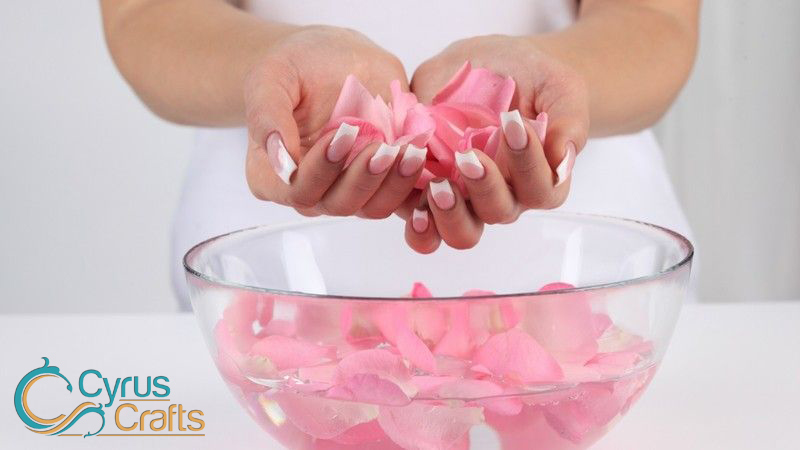
Rose water Uses
There are a wide variety of uses. It is used for perfume, health tonics, and beauty elixirs. But it is used traditionally in cooking. This is what comes as a surprise to some. When you smell pure rose water, the scent should be like the smell of the flower when it has just been picked. And when you use it for cooking, the dish will carry the fragrance of the flowers.
Rose water in food
Rose water has a distinctive flavor and is used heavily in Persian and Middle Eastern cuisine, especially in sweets such as nougat, gumdrops, and baklava. With its distinctive flavors, Rose water is used to give some Turkish delight (like Rahat lokum). We have listed some Iranian dishes that are prepared with rose water below:
Faloodeh
Faloodeh is an ancient Persian dessert, a sort of granita threaded with rice noodles and spiked with rose water and lime. Though you may typically cook noodles until al dente, you'll need to cook them before adding them to the syrup so that they soak up enough liquid to become as crunchy as possible as they freeze. In Iran, most ice cream shops sell just two items: traditional saffron ice cream and Faloodeh, typically topped with bottled lime juice. It's incredibly refreshing and the perfect end to a rich meal filled with complex flavors.
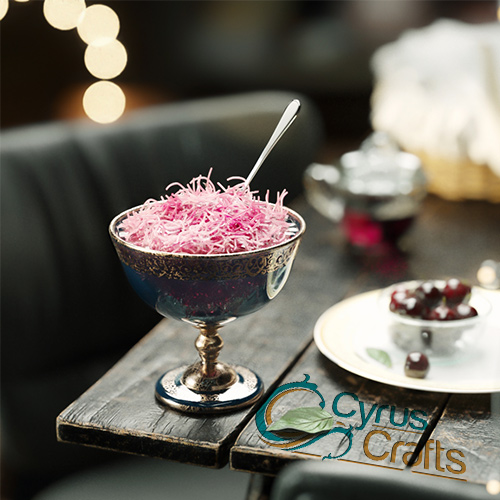
Masghati
Masghati is a soft, jelly-like sweet made primarily in southern parts of Iran. This sweet is made with slight changes in ingredients and recipes in different regions of Iran, but the basic recipe is more or less the same. The main ingredient of Masghati is starch which gives the sweet its jelly form. Saffron, rosewater, and nuts are other ingredients that give this sweet a unique taste.
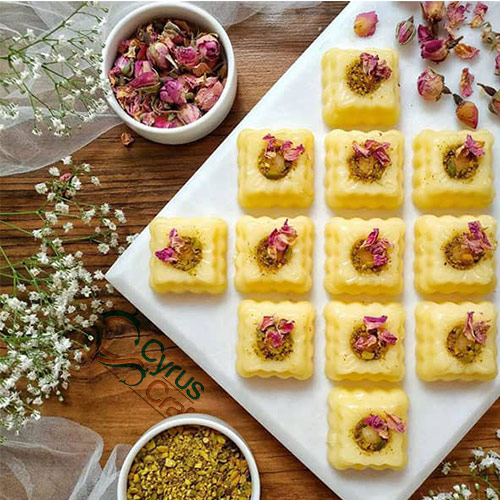
Bamieh
Bamieh is an Iranian and middle eastern sweet treat that is kind of similar to churros. It's a deep-fried choux pastry that gets a bath in saffron and rose water syrup. They are crunchy on the outside, soft, squishy, and syrupy on the inside, and pair very well with a cup of black tea or Chai.
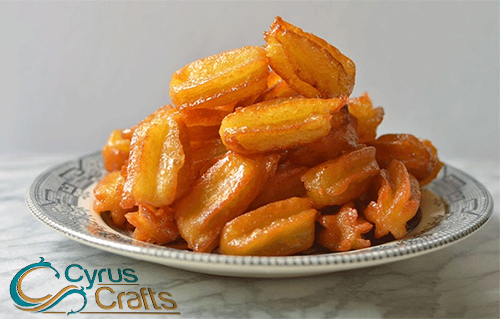
Rose water in another country
In Iran, rose water is also added to tea, ice cream, cookies, and other sweets in small quantities. In the Arab world, Pakistan and India, it is used to flavor milk and dairy-based dishes such as rice pudding. It is also a key ingredient in sweet lassi, a drink made from yogurt, sugar, and various fruit juices, and it is also used to make jallab. In Malaysia and Singapore, sweet red-tinted rose water is mixed with milk, which then turns pink to make a sweet drink called Bandung. Rose water is frequently used as a halal substitute for red wine and other alcohols in cooking; the Premier League offers a rose water-based beverage as an alternative to champagne when rewarding Muslim players.
Marzipan has long been flavored with rose water. It originated in the Middle East and arrived in Western Europe by the Middle Ages; it continues to be served as a postprandial snack. Rose water was also used to make Waverly Jumbles.
American and European bakers enjoyed the floral flavoring of rose water in their baking until the 19th century, when vanilla flavoring became popular.
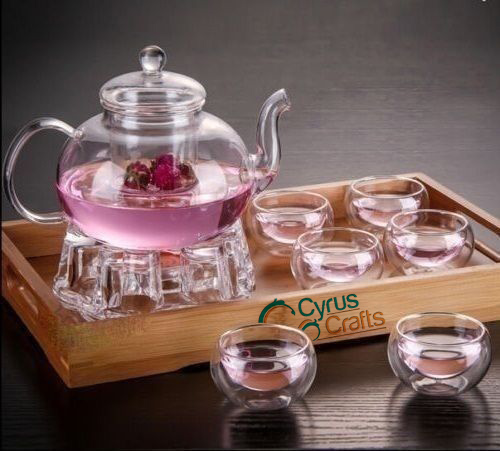
Cosmetic and medicinal use for rose water
Rose water is a standard component of perfume. A rose water ointment is occasionally
used as a softener, and rose water is sometimes such as cold cream used in cosmetics.
Rose water is used as eye drops to clear them. Some people use rose water as a spray applied directly to the face for natural fragrance and moisturizer, especially during winter.
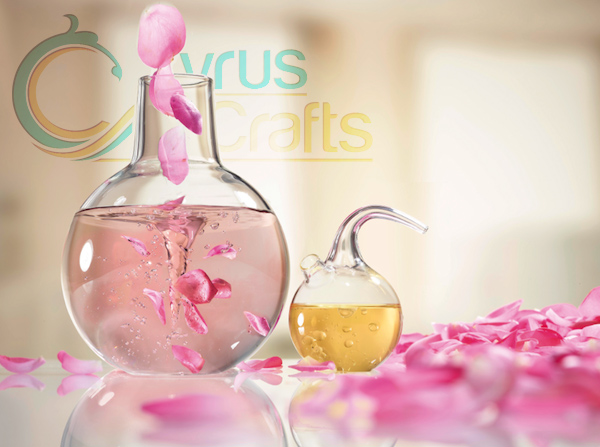
Rose-picking festival
There are two cities in Iran where the most significant flower festival is held. Meymand lies in the province of Fars, and Ghamsar lies in the province of Kashan. In the middle of May, Iranians celebrate a rose-picking festival.
In this sense, Meymand is visited by Iranians from all over the country. They also produce jams and honey from their flower fields.
Early spring is the time for rose-picking in Kashan. More specifically, the rose-picking time is from May to mid-June.
You cannot miss the rose-picking festival in Kashan. You can find out when to pick Kashan roses by listening to the news since it depends on flower growth and blooming time. At the same time that Kashan is filled with the scent of roses, the ambiance of the city changes, and the city becomes a different place. Many visitors travel to Kashan on tour or by private car to see the rose-picking festival and return to their home city or country.
How can the Original Water Rose be diagnosed?
In its original form, rose water is clear, without sediment, and its scent is a pleasant rose scent with no sour aftertaste. Rose water has a rich, slightly bitter taste, one of the most critical signs of its originality.








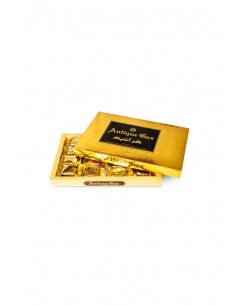

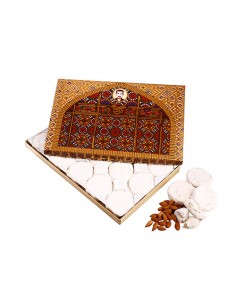

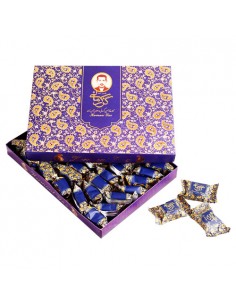

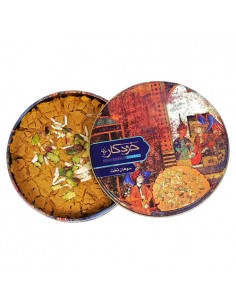



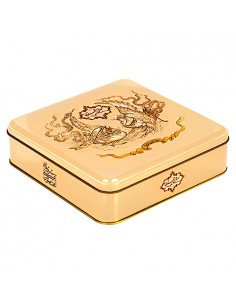

Comments (0)